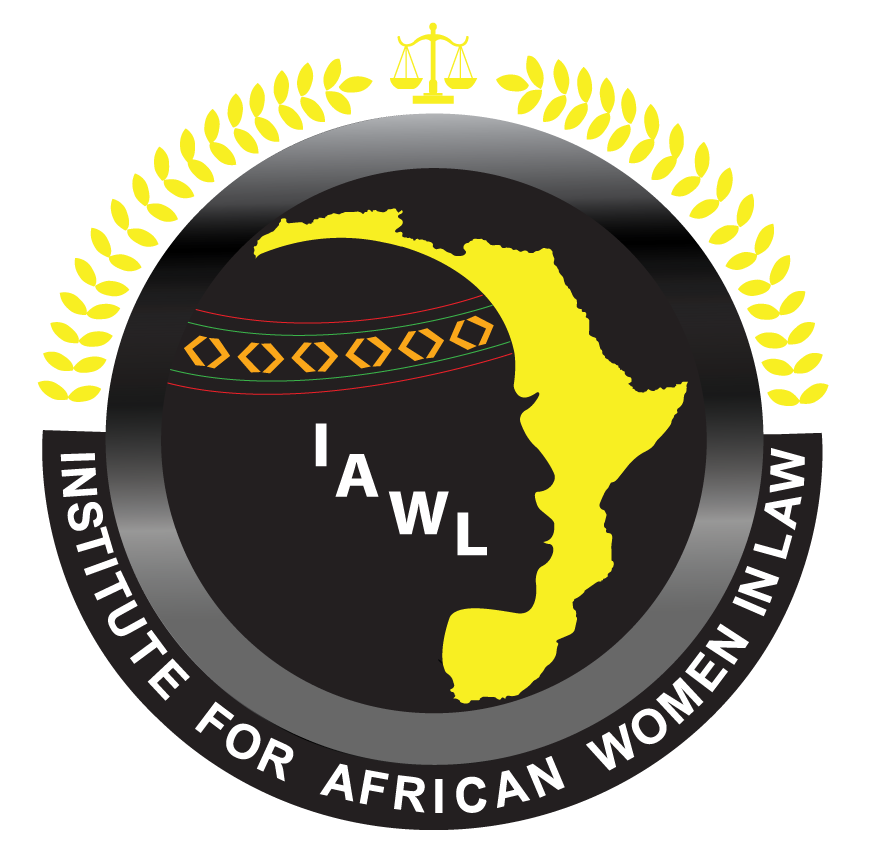Ethiopia: Using the Coronavirus “State of Emergency” to Silence Critics
- IAWL

- Jun 13, 2020
- 2 min read
By Courtney Veneri
Washington College of Law, American University

In the wake of the coronavirus pandemic, leaders around the world are using the virus to curtail freedom of expression. From Cabo Verde to Hungary, states of emergency are being declared and used as an excuse for leaders to push authoritarian forms of governance. Ethiopia declared a state of emergency on April 8th, allowing the government to restrict the rights of citizens without limits or oversight. The Ethiopian government has been using this power to silence dissenters and limit free speech, rights that are protected in both the Ethiopian Constitution and the International Covenant on Civil and Political Rights (ICCPR).
Ethiopian Prime Minister Abiy Ahmed announced directives as well as declared a state of emergency to stop the virus’s spread. Part of this order is intended to prevent misinformation from spreading along with the virus; however, it has been used mainly to arrest people spreading ideas critical of the government. Journalist Yayesew Shimelis was arrested for spreading false news about the virus via social media. Further, Elsabet Kebede, a member of the Ethiopian Women Lawyer’s Association, was arrested after speaking out and writing criticisms against the government. She was subsequently released, but she still awaits her trial.

Although many believe her arrest was political, the charges against her are for spreading false news about coronavirus on her Facebook. People arrested under the law have, so far, not shown a compelling threat to public health or safety or a likelihood of increasing the spread of coronavirus. Since the arrests have been mainly political, Ethiopia is arbitrarily restricting free speech and is thus not following its international obligations under the ICCPR or the self-imposed obligations under the Constitution.
Ethiopia is a state party to the ICCPR which provides freedom of expression in Article 19(2). The ICCPR does provide governments with the means of restricting freedom of expression in Article 19(3), but only to respect the rights of others or to protect national security, public order, or public health. In this case, Ethiopia is ostensibly using its power to protect public health to curtail freedom of speech; however, people arrested during the state of emergency have not actively interfered with public health.
Further, Ethiopia’s Constitution guarantees free speech “without interference” in Article 29. The Constitution allows limitations only if the laws restricting the freedoms are neutral — not limiting them on the content or point of view expressed. In this way, the Ethiopian Constitution is actually stricter than the ICCPR, and the restrictions put forth by the government are therefore unconstitutional.
Despite the unprecedented risks coronavirus has brought, human rights should only be restricted as much as necessary to protect public health and the safety of the population. Ethiopia has joined the ranks of many nations using the virus as an excuse to push authoritarian laws under the guise of a “state of emergency.” This has allowed the government to make arbitrary arrests of political critics and dissenters and puts them out of compliance with their international obligations and their own Constitution.

Courtney Veneri is a JD/Master's student at American University Washington College of Law, focusing on human rights. She currently works at Lawyers Without Borders, and prior to law school was a Peace Corps Volunteer in Botswana.



